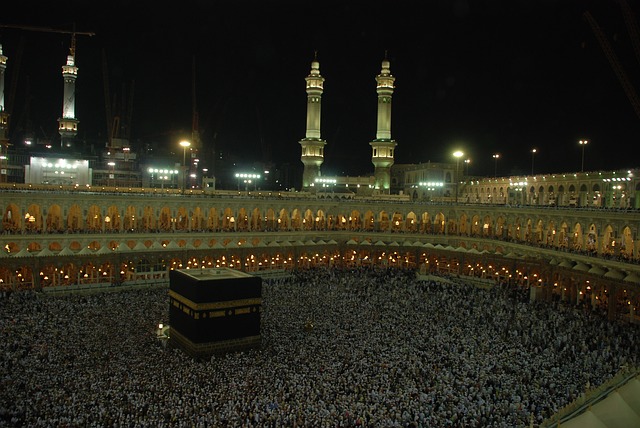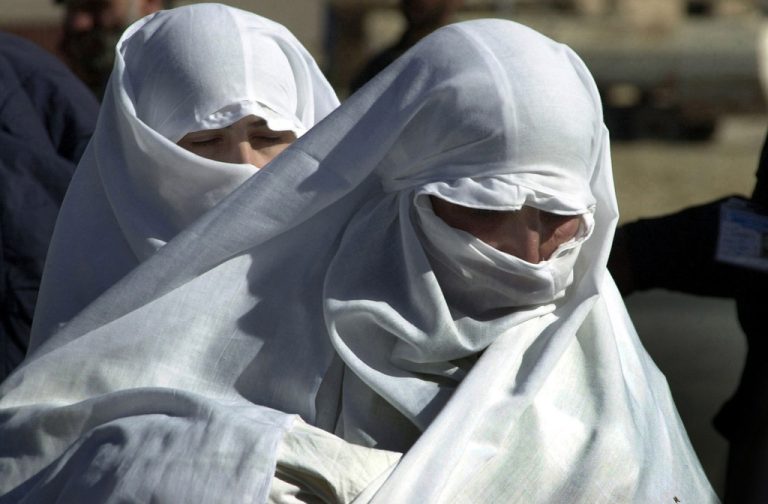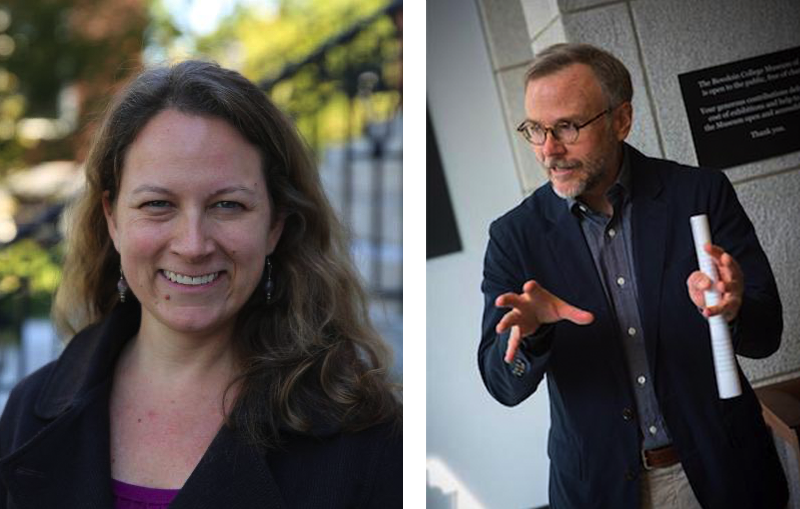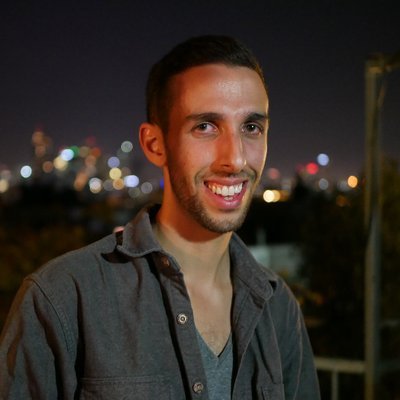Robert Morrison Reacts to Saudi Arabia-Iran Spat Over Hajj
By Tom Porter
On Friday September 9, 2016, about two million Muslims from around the world begin their annual hajj pilgrimage in Saudi Arabia, where they will gather at the holy city of Mecca for five days of rituals and prayer. The event comes amid a harsh war of words between the Saudi government and Iran, sparked by the disaster that occurred during last year’s hajj,when by most estimates more than 2,400 pilgrims died in a stampede.
The Iranian leadership has called on its citizens to boycott this year’s pilgrimage, and squarely blames Saudi incompetence for the tragedy, accusing Saudi authorities of effectively “murdering” the victims,which included more than 460 Iranians, according to Teheran. Meanwhile a top Saudi cleric, the Grand Mufti Abdulaziz al-Sheikh, responded by accusing Iranians of not being true Muslims. Professor of Religion Robert G. Morrison shared his reaction to the developments.
Isn’t the location of the hajj, in Mecca, more trouble than it’s worth for the Saudi leadership?
Saudi Arabia’s governance of the hajj is often a source of tension, both in terms of crowd control problems and the requirements for the granting of hajj visas. At the same time, the location of Mecca in their country reinforces the Saudis’ self-image as the guardians of Islam, and is an opportunity for Saudi Arabia to propagate its own vision of Islam.
So this is first and foremost a religious issue?
It’s not that simple. Religion (along with gender, politics, society, etc.) is part of the complex lattice of the human experience. Religion cannot be understood apart from that lattice.

What is your response to this rift between Saudi Arabia and Iran?
While it is no surprise that Saudia Arabia and Iran don’t like each other, having ceased diplomatic relations earlier this year, these are strong words from the Saudi Grand Mufti. It is, academically speaking, false to say that Iranians are not Muslims, although the two countries—one of them Sunni (Saudi Arabia), and the other Shiite (Iran)—have long sharply criticized the way the other practices Islam.
How important is regional power politics in all of this?
On one hand, the tensions between Saudi Arabia and Iran are about regional power politics, but since 10 to 15% of Saudis are themselves Shiite, these tensions also have something to do with Saudi Arabia’s own internal affairs. In January, Riyadh executed a top Saudi Shiite cleric, and that precipitated the current diplomatic rift with Iran.



